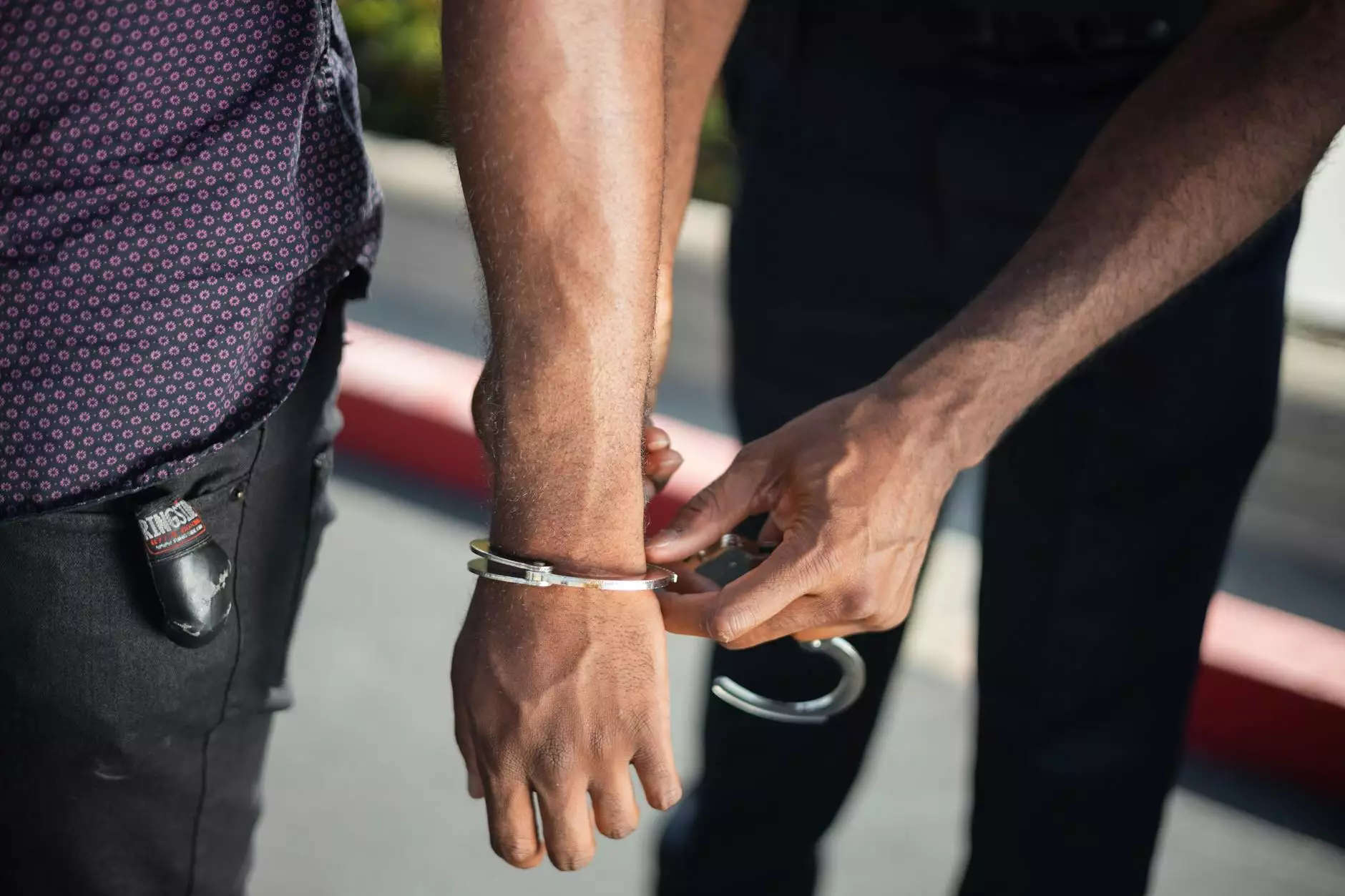What Constitutes Destruction of Evidence In Tahlequah?
Blog
Welcome to the informative page on What Constitutes Destruction of Evidence In Tahlequah brought to you by John P. Bennett, Attorney at Law. We are dedicated to providing high-quality legal services in the Law and Government - Legal category, ensuring the best possible outcomes for our clients.
The Importance of Preserving Evidence
When it comes to legal disputes, evidence plays a crucial role in determining the truth and establishing the facts. Destruction of evidence refers to any intentional act that alters, hides, or destroys evidence that could be relevant to a legal case. Understanding what constitutes destruction of evidence is essential to ensure the integrity of the legal process.
Types of Evidence Destruction
There are various actions or behaviors that could be considered as destruction of evidence in the context of legal proceedings. It is essential to be aware of these actions, as they can have severe consequences in a court of law. Here are some common examples:
1. Physical Destruction
Physical destruction involves the intentional destruction or alteration of physical objects or documents that could serve as evidence in a legal case. This can include damaging, shredding, burning, or disposing of relevant materials that could be crucial for establishing the truth.
2. Digital Evidence Tampering
In the digital age, evidence can also exist in electronic form. Manipulating, deleting, or tampering with digital files, emails, or other digital records can be considered destruction of evidence. This includes intentionally erasing computer hard drives, destroying electronic devices, or engaging in hacking activities to alter or remove digital evidence.
3. Witness Intimidation
Efforts to intimidate witnesses or prevent them from providing testimony or evidence can be viewed as destruction of evidence. This can involve threats, bribes, harassment, or any other form of coercion to discourage witnesses from coming forward or sharing relevant information.
4. Spoliation of Evidence
Spoliation of evidence refers to the intentional loss, alteration, or destruction of evidence, whether physical or digital. It is a serious offense that can result in severe legal penalties or adverse inferences against the party responsible for spoliating the evidence.
The Consequences of Evidence Destruction
The destruction of evidence can have severe consequences in a legal case. The court may draw negative inferences against the party responsible for destroying evidence, assuming the evidence would have been detrimental to their case. Additionally, the court may impose sanctions or penalties, such as fines or adverse judgments.
Seeking Legal Advice
If you find yourself involved in a legal matter where evidence preservation or destruction is a concern, it is crucial to seek professional legal advice. At John P. Bennett, Attorney at Law, we have extensive experience in handling cases where evidence plays a significant role. Our team will provide you with expert guidance and ensure your rights are protected throughout the legal process.
When it comes to legal matters, trust the expertise and skills of John P. Bennett, Attorney at Law. Contact us today for a confidential consultation and let us assist you in navigating the complexities of your case.









